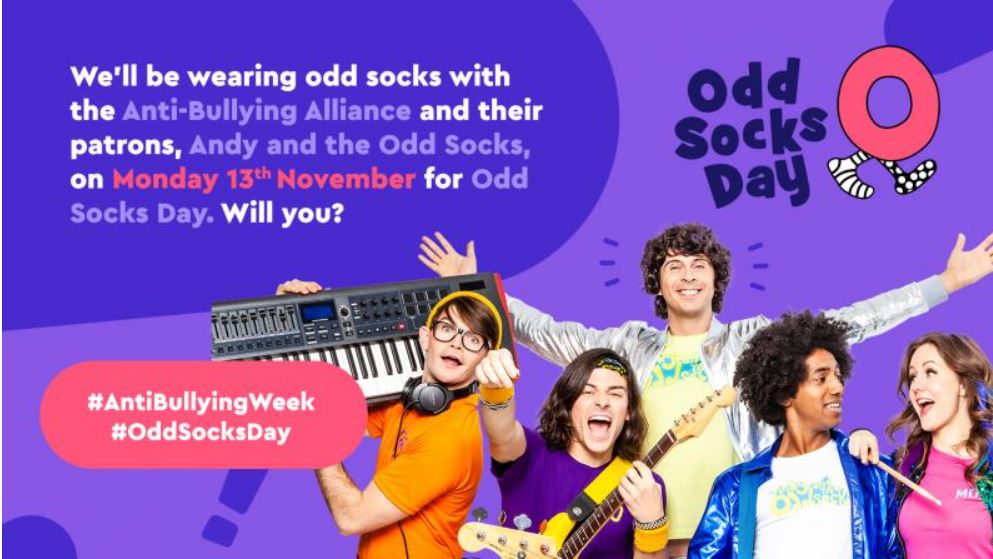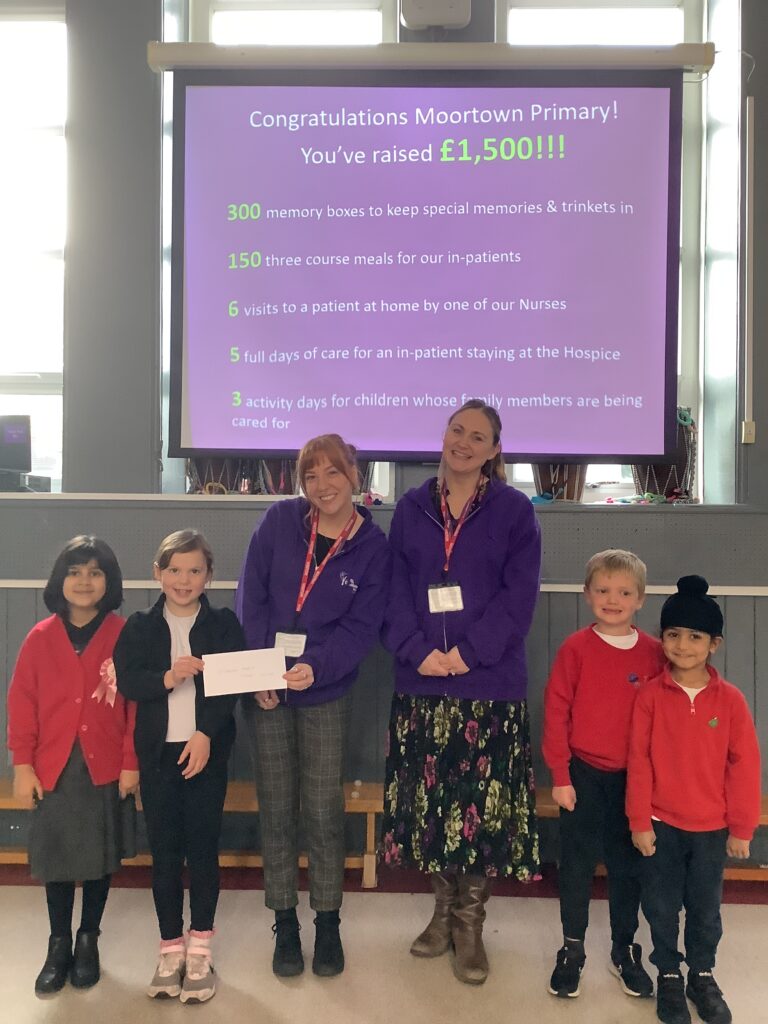On Monday, all children will be learning about bullying and how to STOP bullying as part of the national antibullying week.
Our Junior Leadership Team have recently reviewed our bullying definition. As part of this, we use two STOP acronyms: Several Times On Purpose Start Telling Other People – one’s a definition of bullying and the other’s a solution.

On Monday, we will also be taking part in Odd Socks Day which celebrates that we’re all unique. Children are invited to wear odd socks to school, marking the fact we’re all different in some way.
Odd socks day sends an important message to pupils that they should be allowed to be themselves, free from bullying. It helps us celebrate anti-bullying day in a fun and positive way.

Help at home: Talk about our school definition of bullying and the differences between falling out and bullying, and between a one-off situation and something that’s happened more than once.



















